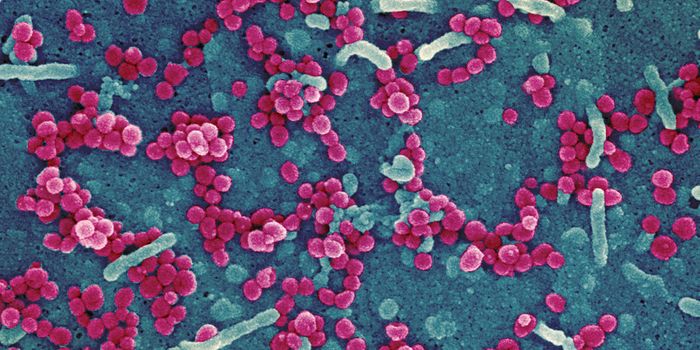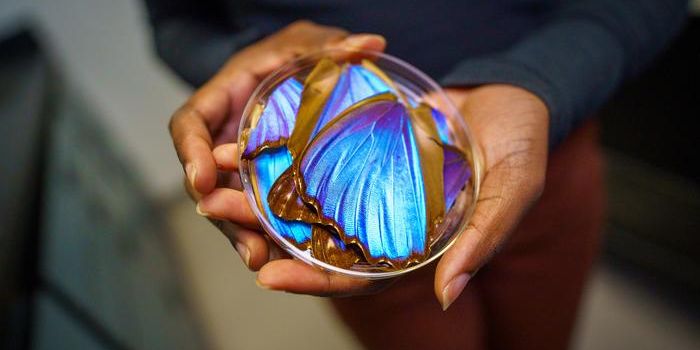Kidney Failure in COVID Survivors
New findings indicate that individuals who survive COVID-19 infections, even mild ones, have a significantly elevated risk of developing severe kidney disease.
The study, led by Ziyad Al-Aly from the Washington University in St. Louis, saw researchers take a deep dive into the health data from over 1.7 million healthy and COVID-infected individuals from 2020 to 2021. Their analysis revealed that those infected with the coronavirus have an increased likelihood of later developing kidney damage. The study was published in the Journal of the American Society of Nephrology.
The clinical signs of kidney disfunction are notoriously tricky to spot—patients don’t experience any pain or symptoms to suggest that their kidneys are impaired. Some estimates suggest 90 percent of people with kidney disease are not aware of their condition. Nevertheless, the consequences of chronic kidney disease are dire: it is one of the leading causes of death in the U.S.
According to Al-Aly, this research emphasizes the importance of paying close attention to kidney function in the aftermath of COVID-19.
“If kidney care isn’t an integral part of COVID-19 post-acute care strategy, then we will miss opportunities to help potentially hundreds of thousands of people who have no idea that their kidney function has declined due to this virus. This is in addition to the millions of Americans who suffer from kidney disease not caused by COVID-19.”
In their dataset, 13.9 percent of the COVID patients ended up requiring hospitalization, of which 4.6 percent had to be treated in intensive care units (ICUs). The researchers found that the risk of kidney damage was highest among the patients admitted into ICUs. These patients were seven times more likely to later experience an adverse kidney event and 13 times more likely to be diagnosed with end-stage kidney disease.
However, they also note that the risk extended to all COVID-19 patients, even those who recovered after only suffering milder symptoms.
“Kidney disease is one important facet of the multifaceted long COVID-19,” concludes Al-Aly. “It is a critical component of the long COVID-19 story, and it must be taken into account when caring for people with long COVID-19.”









